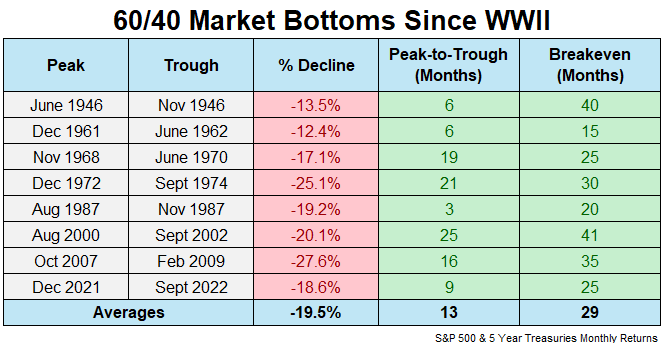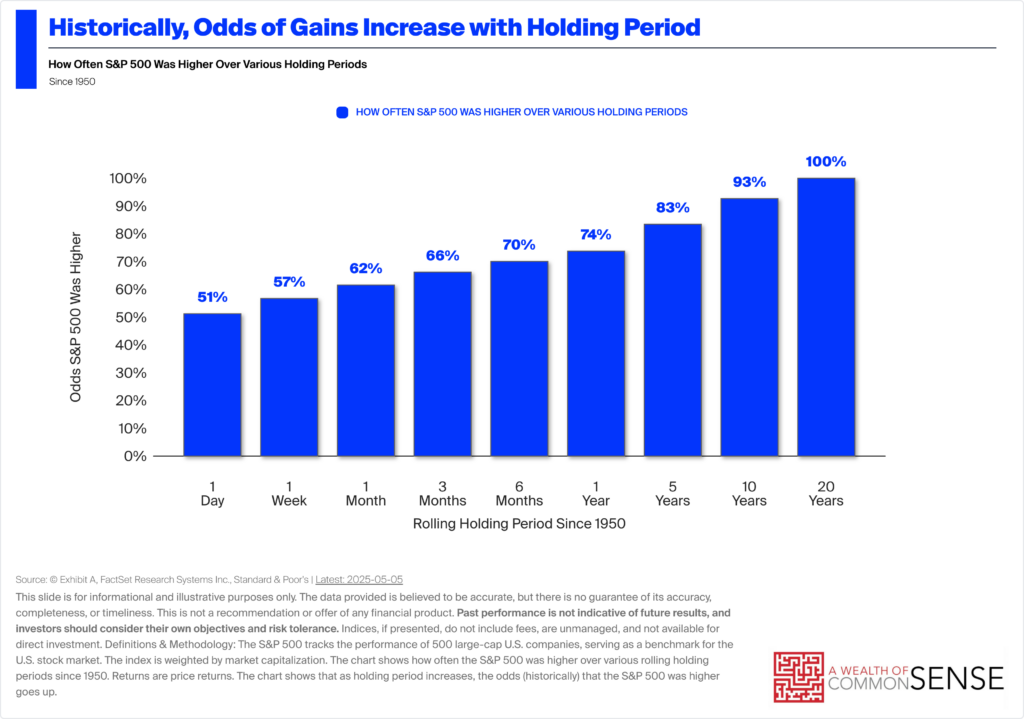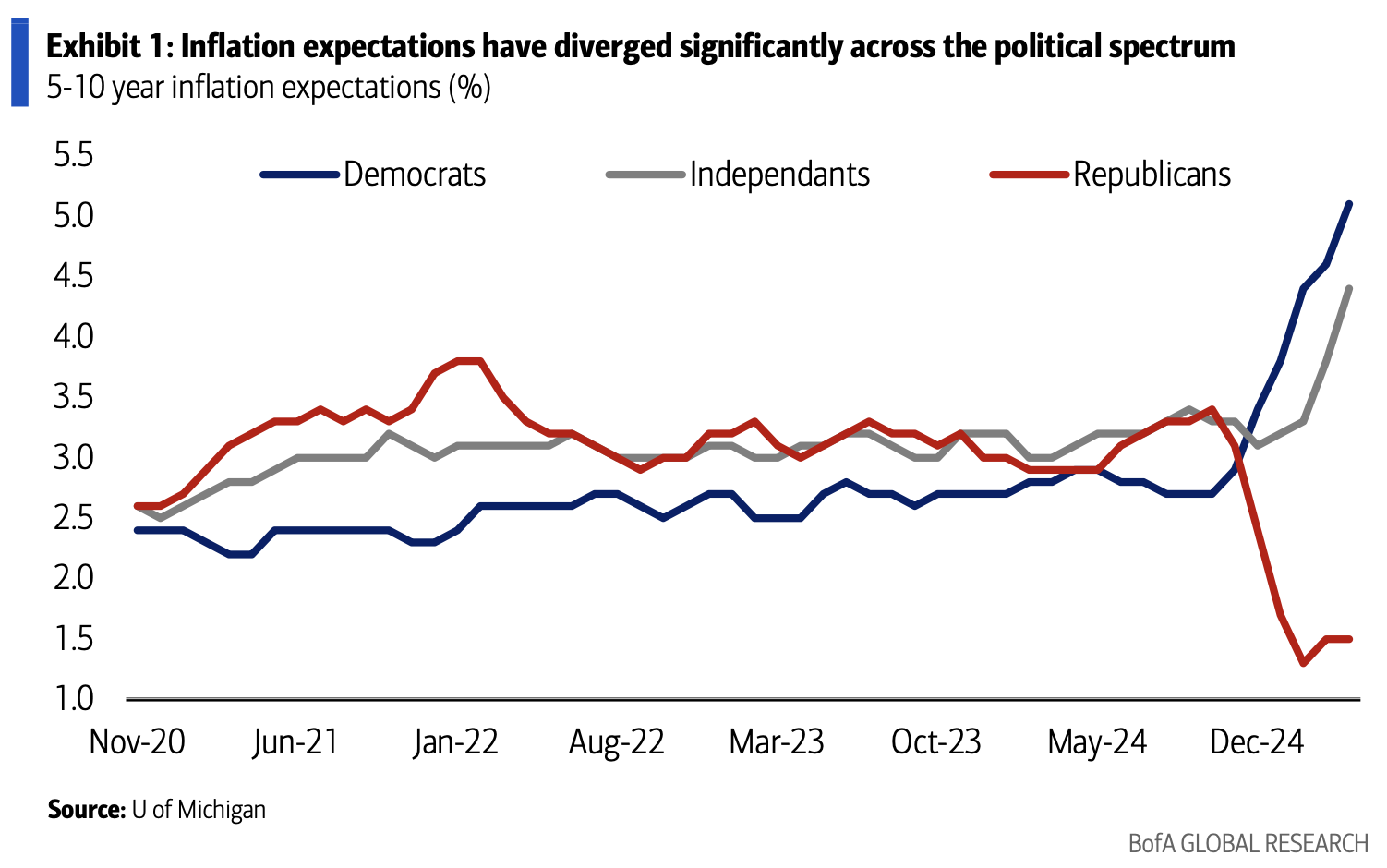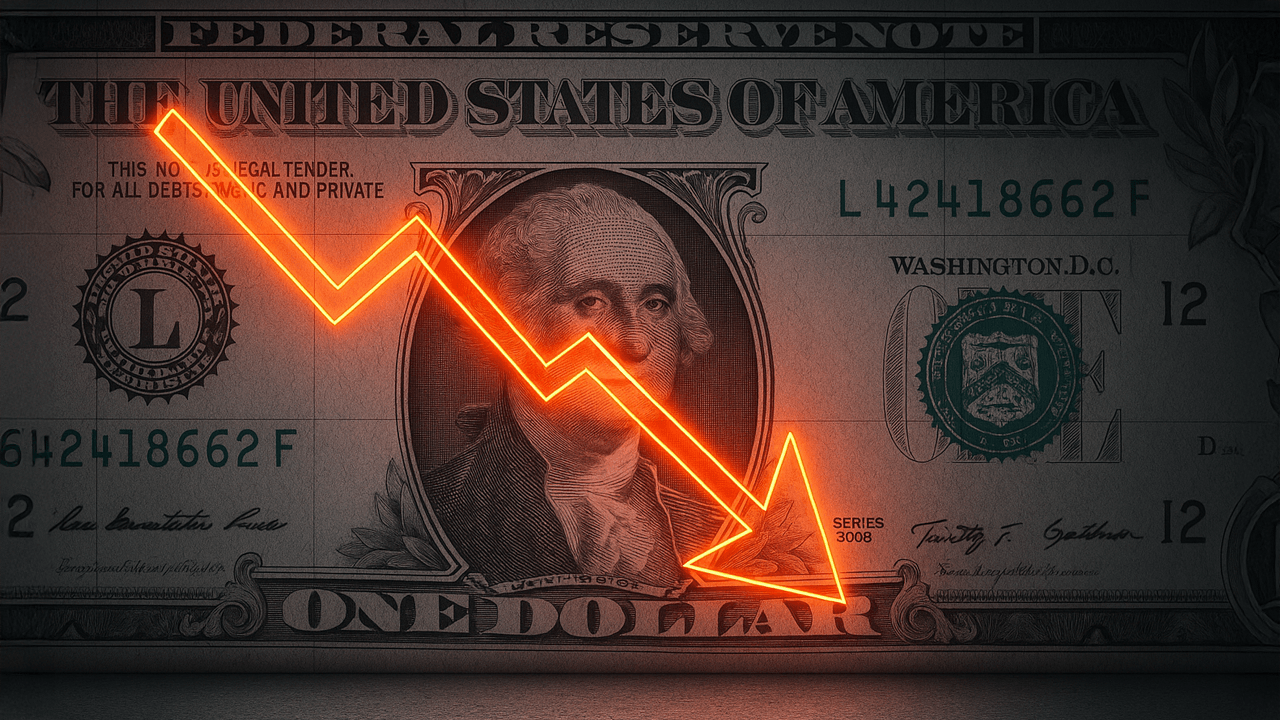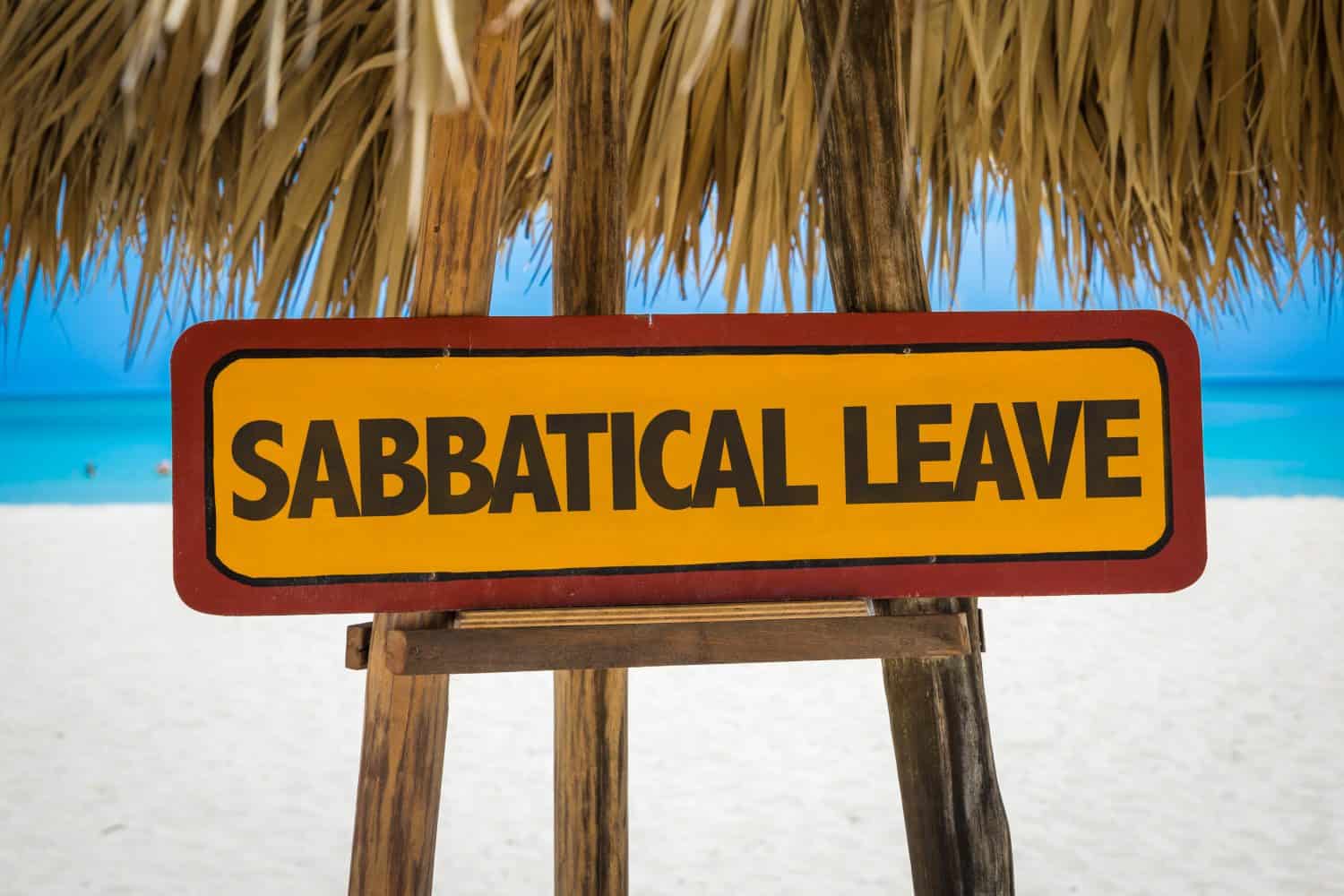Retiring with $4M in retirement accounts, $2M home, and VA access – what risks or gaps should we plan for?
With a massive $4 million sum saved up in retirement accounts and a paid-off $2 million home, it seems like this well-off Reddit user with a net worth just north of $6 million has little to worry about as they shift gears into retirement. Even with millions of dollars banked, though, I’d argue it can’t […] The post Retiring with $4M in retirement accounts, $2M home, and VA access – what risks or gaps should we plan for? appeared first on 24/7 Wall St..

With a massive $4 million sum saved up in retirement accounts and a paid-off $2 million home, it seems like this well-off Reddit user with a net worth just north of $6 million has little to worry about as they shift gears into retirement. Even with millions of dollars banked, though, I’d argue it can’t hurt to double-check your blind spots, just in case there’s something out there that could cause one to veer off course. Indeed, a financial advisor can check all sorts of blind spots from a better vantage point.
In any case, let’s look into the potential risks that even a financial overachiever like our Reddit user should keep tabs on as they aim to retire a few years ahead of schedule.
Of course, it’s never a good idea to let fear (for many, it’s more about the fear of running out of cash in retirement than outliving one’s nest egg) dictate your moves in retirement. But if you’ve got more than enough, you can and probably should be more cautious so that one’s nest egg isn’t only built to last, but built to keep growing until the day heirs take custody.
Key Points
-
This Reddit user has a fortune to retire on. But they seem underdiversified and potentially underinsured.
-
A financial advisor seems like a must for this soon-to-be retiree as they put the finishing touches on a huge nest egg.
-
Are you ahead, or behind on retirement? SmartAsset’s free tool can match you with a financial advisor in minutes to help you answer that today. Each advisor has been carefully vetted, and must act in your best interests. Don’t waste another minute; get started by clicking here.(Sponsor)
Being better prepared for hefty health-related expenditures.
For the most part, this Reddit user is in an enviable spot. Not only do they have a gargantuan nest egg, but they’ve also lived a simple, frugal life. And they plan to continue living this way into retirement. With plenty of dividends coming in from smart investments and Social Security on the horizon, it really does seem like all bases are covered. In fact, I’d argue that it would be difficult for our Reddit user to run into any sort of trouble, given their modest lifestyle and outstanding financial situation.
Still, planning for unexpected financial blow-ups ahead of time is a move that could allow one to preserve the nest egg’s growth rate. Not having to tap into savings to cover long-term care or a costly health procedure would be best. With the Reddit user’s wife also nearing retirement, their medical insurance coverage stands to take a hit. As such, the couple should explore options to bolster coverage in retirement.
Undoubtedly, a financial advisor well-versed in insurance products would be the best bet, given the couple’s unique needs. Of course, there’s more than enough of an emergency fund in place to cover even the costliest of uncovered health expenses. But if you can reduce the magnitude of the blow to your nest egg later on, it’s best to bring up the topic with a fiduciary.
Too much in stocks, too much in real estate?
Diversification and rebalancing tend to be wise moves for retirees to make as they exit the labor force. In the case of our Reddit user, they’re quite aggressively positioned with the portfolio, with most of their wealth ($4.7 million or so) in stocks, mainly U.S. equity funds. With $100,000 in cash, the Reddit user only has about 1.6% of their net worth allocated toward dry powder. If the stock market has a meltdown, this Reddit user could be put in a really bad spot.
With such a nearly 80% exposure to equities, a particular nasty market crash could see the user shed $3 million or more. Indeed, I have no idea if they’re aware that not every stock market dip is followed by a swift V-shaped rebound. In any case, I’d argue a trip to the financial advisor is in order to get that asset allocation in a spot such that a more appropriate amount of risk is taken. For most retirees, 60% stocks and 40% bonds is a sweet spot.
Also, a $2 million house is probably overkill for an individual with a soon-to-be “empty nester” couple. Do you really need a massive 3,000 square-foot house for two people approaching Social Security age?
Probably not. Bigger homes entail bigger bills (property taxes, maintenance, and all the sort), which I don’t think makes a whole lot of sense for this individual, even though I’m sure they’ll have zero issue with the added expenses. In my view, it seems like just a waste not to downsize.
The post Retiring with $4M in retirement accounts, $2M home, and VA access – what risks or gaps should we plan for? appeared first on 24/7 Wall St..































































